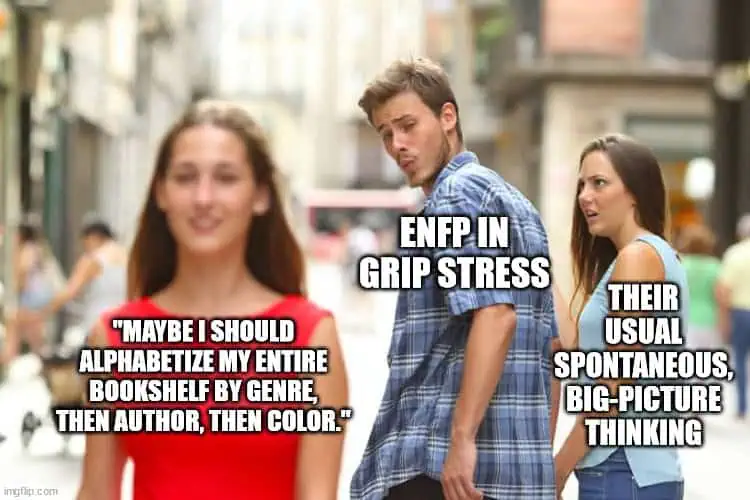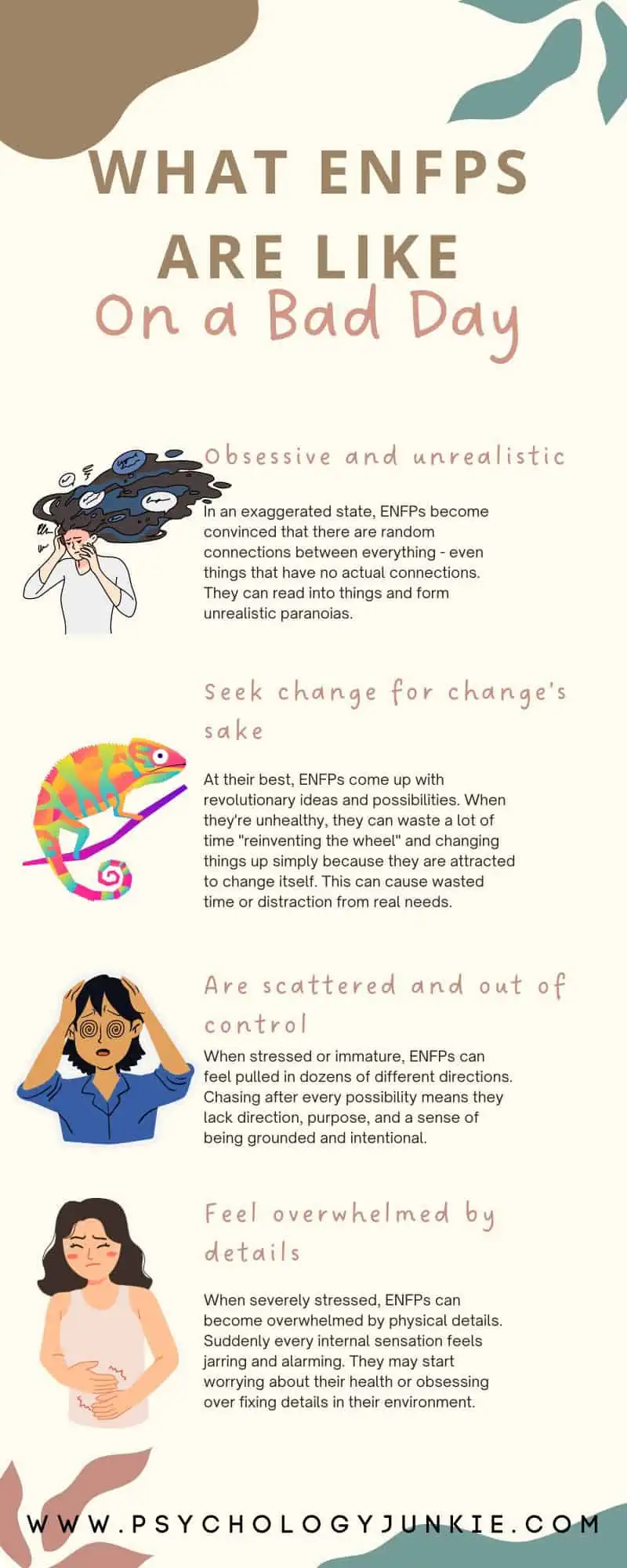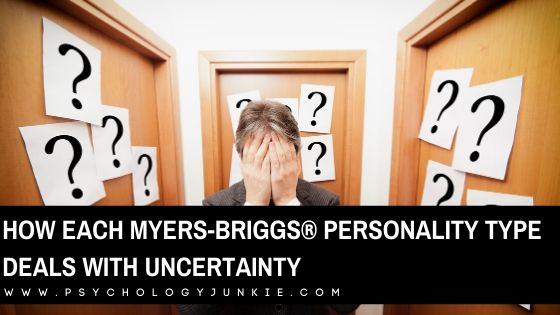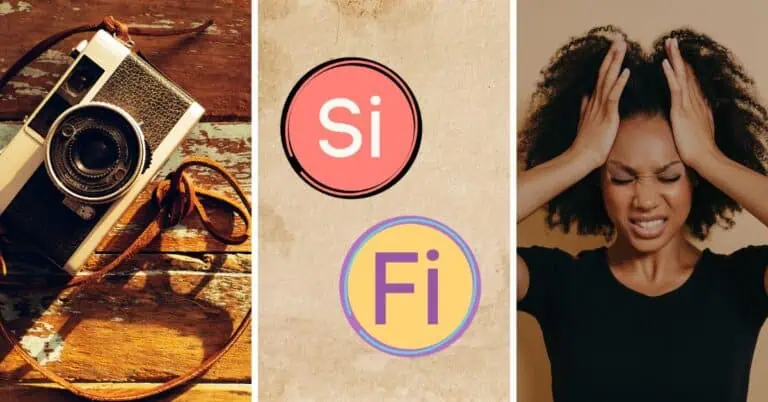ENFP Grip Stress: What It Is and How to Cope
Ever heard of an “ENFP grip”? If you’re an ENFP (or close to one), you probably know how it feels: boundless enthusiasm, fresh ideas every other minute, and a deep love for connecting with people. But then there are those days—the “grip” days. Suddenly, the world seems to close in, and instead of dreaming big, you’re fixated on the tiniest details, wondering what’s wrong with everything (including yourself!).
Welcome to the ENFP grip experience, a surprising (and frustrating) mental switch that takes over when stress levels reach a breaking point. Today, we’ll dive into what the grip is, why it happens, and, more importantly, how you can get through it and back to your normal fun-loving self. Grab a cup of coffee (or a stress ball), and let’s explore the ENFP grip together.

Before diving in, let’s set the stage for what “grip stress” really is.
Naomi Quenk, a psychologist who’s written on this topic, says that in grip stress moments, our normally trusty mental tools go MIA, and we’re left with our “inferior” function trying (and usually failing) to pick up the slack.
If you’re not familiar with the cognitive functions, let me give you a brief rundown:
As an ENFP your dominant function is Extraverted Intuition, or “Ne” for short. This function is all about generating possibilities, ideas, forming connections, and finding unique relationships between disparate things in the outer world. It’s the part of you that can think up dozens of ways to spend a Saturday afternoon while also hypothesizing about the meaning of life (and finding 20 different answers).
Your auxiliary function (or second in command) is Introverted Feeling, or “Fi” for short. This function is all about tuning in with yourself, finding what your heart desires, and chasing it with conviction. It’s the part of you that goes after your ideals even when they’re not popular. It can also be the part of you that speaks up even when it might upset the harmony, because you know something has to be said because things don’t feel sincere or “right” if you don’t.
Your tertiary function (third) function is Extraverted Thinking, or “Te” for short. This function is all about getting things done, making plans, organizing, structuring, and focusing on empirical data. It’s the part of you that cares about what will work and what won’t, what’s logical and what’s not, and how to make your goals a reality in a systematic, efficient way.
Your inferior function is Introverted Sensing, or “Si” for short. This function is all about consistency, routine, details…you know, all the stuff that tends to overwhelm you as an ENFP. Because this is your inferior function, you tend to feel a bit vulnerable or hesitant in its energy. Rather than setting up consistent routines you tend to chase after new possibilities and ideas. But you also have moments where you really wish you could just settle down, relax, and enjoy some peaceful homeostasis.
So now that you have a basic idea of what the cognitive functions are, let’s talk about how they show up in the grip.
When life hurls challenges your way, you tend to try to solve them with your dominant function. This function is essentially the “hero” of your personality type. Of course you’re going to use it to tackle a problem! But over time, if problems don’t resolve, if you’re exhausted, sick, or overwhelmed, your “hero” might get tired and need a nap. When that happens, your inferior function, Si, excitedly takes the wheel. And then things get a bit weird…
“With sufficient fatigue or stress, our inferior function will take over, quite beyond our control. And even with considerable skill and familiarity with our less-preferred functions, excessive use of them can serve as a trigger for a fullblown “grip” experience.” – Naomi Quenk, Was That Really Me?
So what does grip stress look like for ENFPs? Let’s dive into the deep end.
How Grip Stress Shows Up for ENFPs:
Let’s be real: grip stress for an ENFP is like suddenly being asked to solve a math problem after five hours of creative brainstorming. It’s a total left-turn from where you normally thrive.
1. Fixation on Details
When grip stress hits, it’s goodbye to big-picture thinking and hello to hyper-detail mode. Your normally broad vision narrows into an almost microscopic focus. Every little thing stands out, and suddenly, that tiny detail in your project or environment becomes the most important thing in the world. You find yourself thinking, “Just one more tweak, and it’ll be perfect.” Spoiler: it’s never perfect.
2. The Emotional Rollercoaster
Feelings of sadness, frustration, and even paranoia can rear their heads. The ENFP optimism seems to pack its bags and leave for vacation, leaving you feeling mentally stifled, unmotivated, and detached from those you usually love connecting with. You might feel paranoid, overwhelmed by details, stuck in a tunnel vision that you can’t escape from.
3. Physical Sensitivity
Ever start Googling symptoms after feeling a twinge? Under grip stress, ENFPs often become hyper-aware of their physical states, sometimes becoming convinced they’re developing an illness. It’s like all that energy normally used for creativity gets channeled into personal diagnostics.
4. Becoming Reserved and Less Sociable
Normally, you’re the life of the party, or at least someone who enjoys connecting and sharing ideas. In the grip, however, that sociable spark fades, replaced by a reserved, almost shut-off demeanor. Friends might even wonder, “What happened to you?”
5. Struggling to Verbalize Thoughts or Feelings
Normally, you’re great at expressing yourself, sharing your ideas, and articulating what you feel. But in grip stress, that ability seems to vanish. Suddenly, words don’t come as easily, and explaining even simple ideas feels overwhelming. It’s as if your thoughts get lost in a fog, making you more likely to clam up or get frustrated trying to be understood.
6. Escalating Small Issues
With grip stress, minor problems suddenly feel like full-blown catastrophes. That tiny mistake in your work? It’s a disaster. That offhand comment from a friend? It’s a personal attack and they hate you. In grip mode, ENFPs are prone to blowing things out of proportion, letting small issues snowball until they feel like major crises.
7. Obsessive Organizing
In an attempt to regain control, many ENFPs find themselves obsessively organizing their surroundings. You might suddenly feel an overwhelming urge to reorganize your entire desk, sort files, or line up items in perfect order. It’s almost ironic—normally, details aren’t your thing, but in grip stress, organizing can feel like a lifeline.
Examples of Si Grip:
As an MBTI® practitioner I’ve heard stories of the Si grip over and over again from ENFPs I’ve worked with. One ENFP revealed how they “relied” on the grip to keep their house from getting too disorganized. Every time they felt a mental breakdown coming on they knew they’d suddenly go into catastrophe mode and organize everything till they burned themselves out.
Another ENFP I know once told me that when they were in a grip they were always convinced that their headaches were hemorrhages in their brain and that they didn’t have long to live. Stories of hypochondria and paranoia abound among ENFPs and ENTPs. Still others feel that their finances are going to be in ruins if they don’t go over them to the tiniest detail.
How to Get Out of the Grip: Tips for ENFPs
Here’s where we turn things around. While it’s normal for ENFPs to go through these intense stress phases, knowing how to ease out of it can help you bounce back faster.
1. Step Away and Breathe
Allow yourself to take a step back. When you’re caught up in the details, give yourself permission to physically move away from whatever is consuming you, even if it feels counterintuitive. Go outside, take a walk, breathe, and remind yourself that you’re not alone in experiencing this. Meditation is extremely helpful during moments like this.
2. Engage in Positive Sensory Activities
Grip stress taps into the Sensing function, so one way to reset is by enjoying healthy sensory activities. Try something calming like gardening, walking in nature, taking a hot bath, getting a massage, or even cooking. Grounding yourself in these activities can gently bring you back to a centered, relaxed state.
3. Check In with Your Basic Needs
Sometimes, grip stress can be intensified when basic needs are unmet. Do a quick whole-body check-in: Are you thirsty, tired, or hungry? A glass of water, a quick snack, or even a short nap can make a huge difference, helping to reset your mind and body.
4. Spend Some Time Alone
As much as ENFPs love people, grip stress often brings out a need for solitude. Give yourself permission to take some time alone, away from the usual demands of social interaction. This quiet time can help you recharge without the pressure of conversation or interaction.
5. Listen to Music
Music can be a powerful tool for ENFPs in grip stress. Put on something soothing, upbeat, melancholic, or even nostalgic—anything that helps you reconnect with your emotions and take a mental break from the details. Letting yourself get lost in a favorite song or playlist can provide a quick emotional reset.
6. Take a Nap
If you’re exhausted, sometimes the best cure is just a little rest. A short nap can help you recharge and bring back some mental clarity, allowing you to face your tasks with a clearer, calmer mind.
7. Laugh at Yourself (It’s Not as Bad as It Seems!)
Sometimes, a bit of self-deprecating humor goes a long way. Yes, it’s a struggle. Yes, you may feel like a totally different person. But these moments pass, and humor can remind you that this isn’t the “real” you—it’s just a phase. Find a favorite sitcom to watch, call a friend who tickles your funny bone, or watch some funny reels on TikTok (just don’t get stuck in doom scrolling).
8. Reconnect with Your Vision
Grip stress narrows your view, making it easy to forget your usual strengths. When you feel the fog lifting, take some time to revisit your big-picture dreams and goals. Writing, sketching, or talking about your ideas can reinvigorate that imaginative side and remind you of what fuels your passion.
What Do You Think?
Was this article helpful? Do you have any stories or suggestions for fellow ENFPs? Let us and other readers know in the comments! We’d love to hear from you!
Discover even more about your personality type in our eBook, Discovering You: Unlocking the Power of Personality Type.
Need some coaching related to your type or feel unsure what your personality type is? Book a session with me today!
Other Articles You Might Enjoy:
References:
Was That Really Me? by Naomi Quenk (Davies Black Publishing, 2002)










